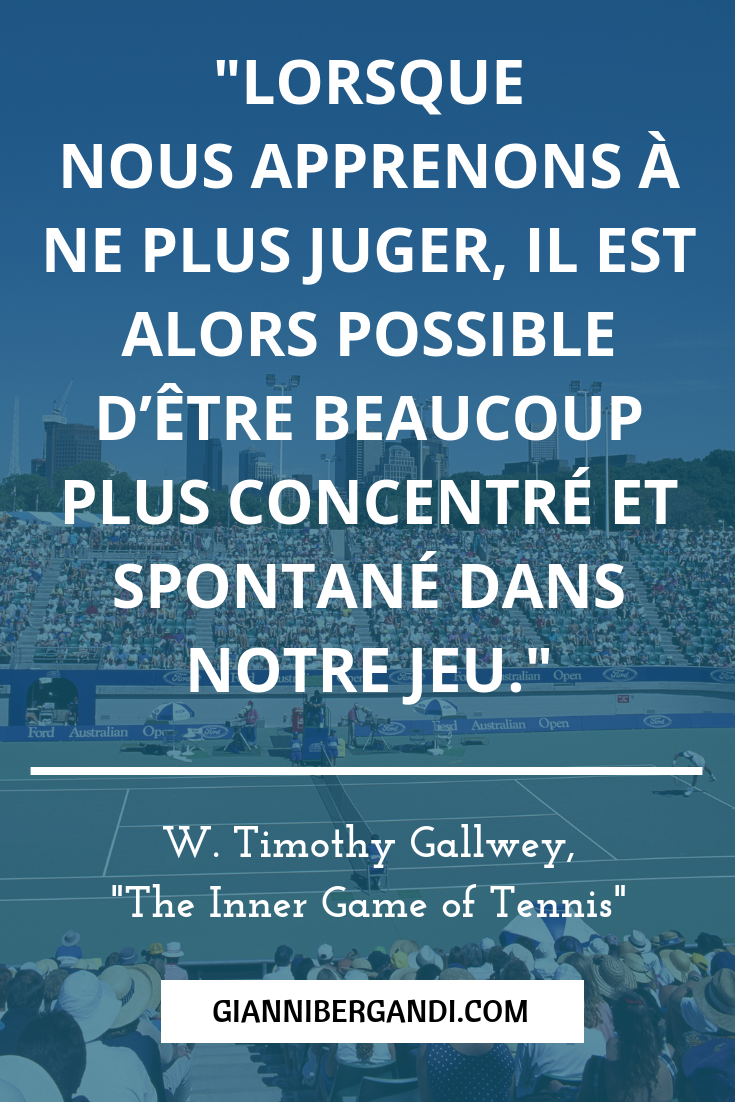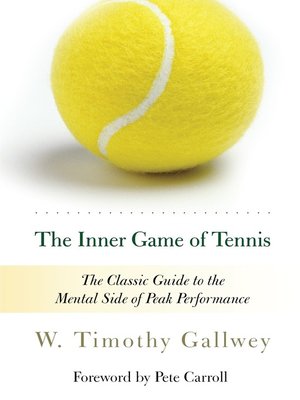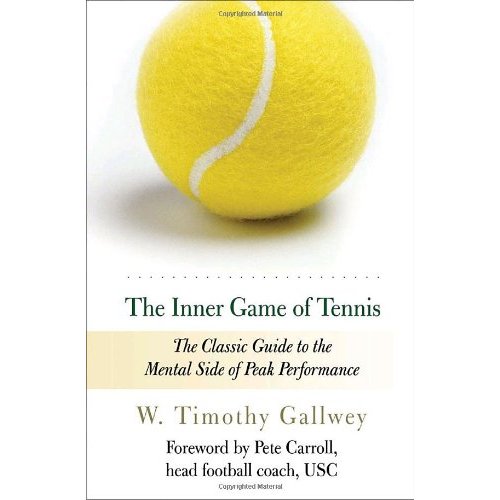


I was over the moon.īut that little flash of excitement from the agent’s reader was the entire life-span of my crime novel. Her voicemail explained how she had stayed up late into the night to finish reading it, had been completely hooked, and thought it was brilliant. Then came the shock: I received a message from the agent’s readers saying she loved it. I followed the requirements of the genre, gave it a strong female lead, added as much originality as I thought it could carry, located it firmly in a town I knew well and, having re-drafted it twice over the period of a couple of years, fired it off to an agent.

I chose to write a crime novel because I thought it would be the most fun to write. So it’s not a surprising mistake, but as I geared myself up to produce a novel, I did my coach a disservice: I believed that the main difference she had made was helping to bolster my confidence. She sounded immensely American, whooping with joy at each new success and forever asserting how amazing I was as a writer, while I sounded terminally English, embarrassed by my own modest achievements and emotionally reticent. We talked about once a month (via internet calls because she was in the US), always focusing our conversations on what I was writing about. My coach was implausibly enthusiastic and encouraging. Up to that point it was clear to me-so I thought-how the coaching relationship had helped.

So I decided to build on my growing confidence and attempt another novel. The acceptances kept coming and it started to seem that I was getting the hang of it. I was shortlisted in a couple of competitions and had some stories in a few anthologies. After that first story, there were other successes. So the sequence that followed was important. That is not the end of the story for a couple of very good reasons: firstly, because one short story was not the sum of my ambitions, and secondly, because it wasn’t immediately obvious that the coaching relationship was the key. After more than two decades of trying, the first step took less than a year. However, ten months after our first coaching conversation, my first short story was published. I had made my first bright-eyed submission to an agent nineteen years previously, in 1989, and in between had produced huge volumes of part-novels, fragments, segments, sections and even a few finished works-but over the course of more than two decades, the consistent rejection began to outweigh the sporadic flashes of encouragement, and by the time I started talking to my coach, I was starting to give up hope. My efforts at becoming an author were in pieces and the whole pretension was starting to feel like an embarrassment. At the time I was wretchedly unpublished. Twelve years ago I started working with a coach.


 0 kommentar(er)
0 kommentar(er)
